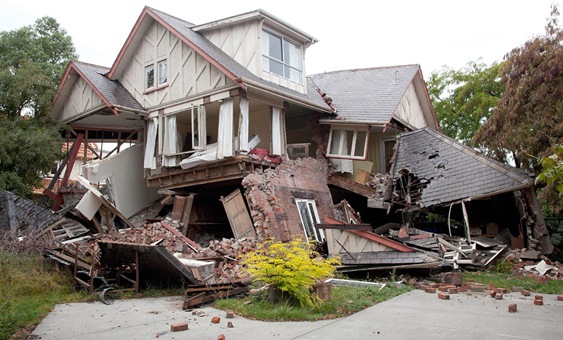On October 29, 1729, New England was struck by an earthquake, followed by nine days of aftershocks. Fear gripped the region, and the Massachusetts governor called for a day of repentance and fasting. On that occasion, Northampton, Massachusetts’ Jonathan Edwards spoke on the importance of understanding the times. He acknowledged that such events have natural causes, yet noted that they also have spiritual significance. His text was Jonah 3:10, which recounts the Ninevites’ repentance in the face of impending disaster. Edwards warned his listeners that God was known to send signs of looming judgment, but that these phenomena were also merciful reminders of His forgiveness toward those with contrite hearts.
God sometimes threatens and warns a people by extraordinary things in providence, sometimes by strange sights in the heavens, and sometimes by earthquakes, as it was before the destruction of Jerusalem …
God has no pleasure in the destruction or calamity of persons or people; he had rather they should turn and continue in peace. He is well-pleased if they forsake their evil ways, that he may not have occasion to execute his wrath upon ’em. He is a God that delights in mercy, and judgment is his strange work.1
![]()
Footnotes:
![]()
1 Jonathan Edwards, Sermons and Discourses 1723-1729, vol. 14 in The Works of Jonathan Edwards, ed. Kenneth P. Minkema (New Haven, CT: Yale University Press), 220-221.





